Okay so back to culture but in the context of grief and mental health. Research indicates that many people with poor MH would have suffered loss of a loved one. This isn’t limited to loss of a spouse, sibling or parent. Also expands to loss of a child and unborn child too.
Culturally burials following the death of someone has a quick turnaround. I support how we wail when someone dies allowing us to freely express our emotions. However the burial is quick and more often than not there isn’t bereavement support after burial and that has an impact
Without grieving properly and allowing room to acknowledge that someone does not need a prescriptive time to “get over it” this leads to poor mental health. Grief brings a range of emotions from anger, blame, regret etc. See pic attached
The impact of not addressing and allowing grief to take place has long term effects. Some have subsequently committed suicide, suffered from depression and isolated themselves. Our culture to not talk about emotions does not help but restricts one from being able to move on
It is unfortunate that many of our cultures do not allow us to openly grieve the loss of a baby or suffering that comes after suffering from a stillbirth. Often the response is you can have another one without acknowledging the immense grief of the parent
Grief has to be addressed with support and allowing the person to freely express their emotions. Another taboo has been grieving someone who has committed suicide so even in death, someone with poor mental health is castigated. We have to address these uncomfortable truths
So what happens when grief isn’t addressed? It doesn’t just stop at depression, one can lose their job, isolate from their support network, risk of suicide and other illnesses and other factors. Please see pic below  https://abs.twimg.com/emoji/v2/... draggable="false" alt="⤵️" title="Arrow pointing rightwards then curving downwards" aria-label="Emoji: Arrow pointing rightwards then curving downwards">
https://abs.twimg.com/emoji/v2/... draggable="false" alt="⤵️" title="Arrow pointing rightwards then curving downwards" aria-label="Emoji: Arrow pointing rightwards then curving downwards"> https://abs.twimg.com/emoji/v2/... draggable="false" alt="⤵️" title="Arrow pointing rightwards then curving downwards" aria-label="Emoji: Arrow pointing rightwards then curving downwards">
https://abs.twimg.com/emoji/v2/... draggable="false" alt="⤵️" title="Arrow pointing rightwards then curving downwards" aria-label="Emoji: Arrow pointing rightwards then curving downwards">

 Read on Twitter
Read on Twitter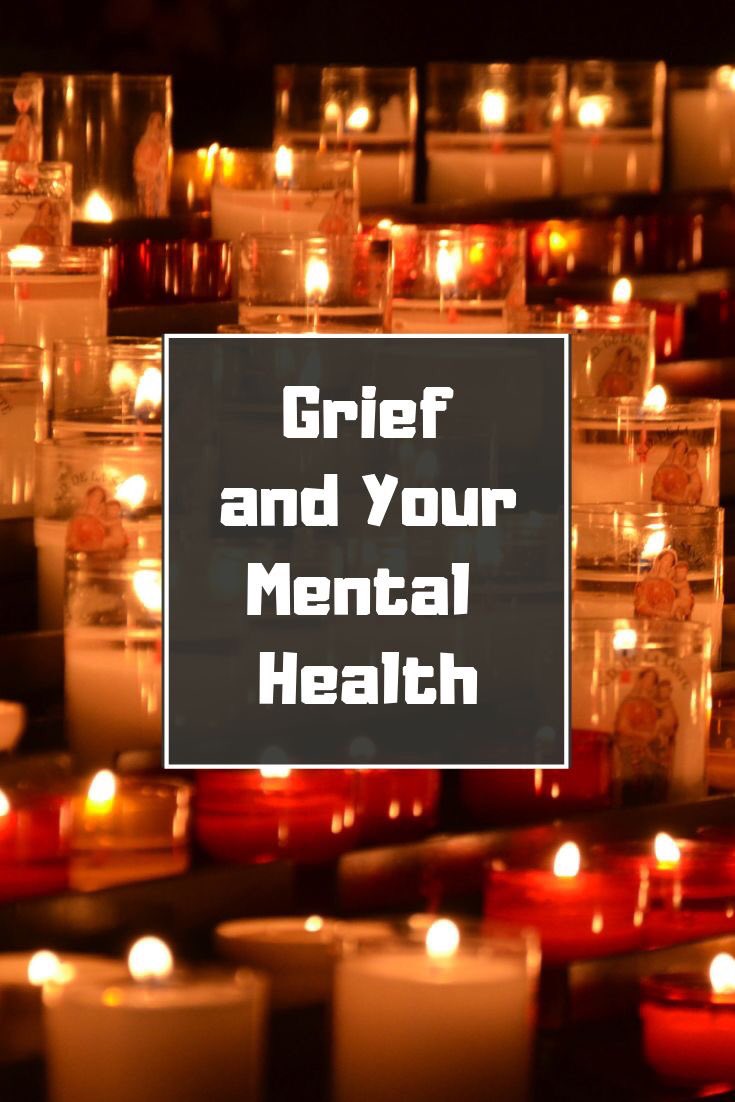
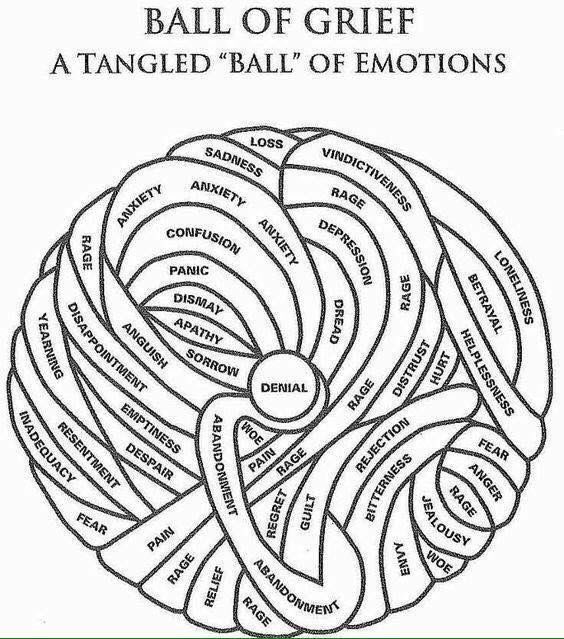
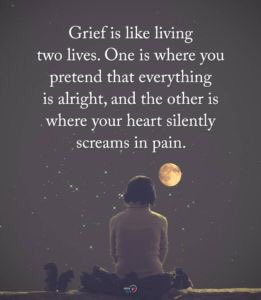
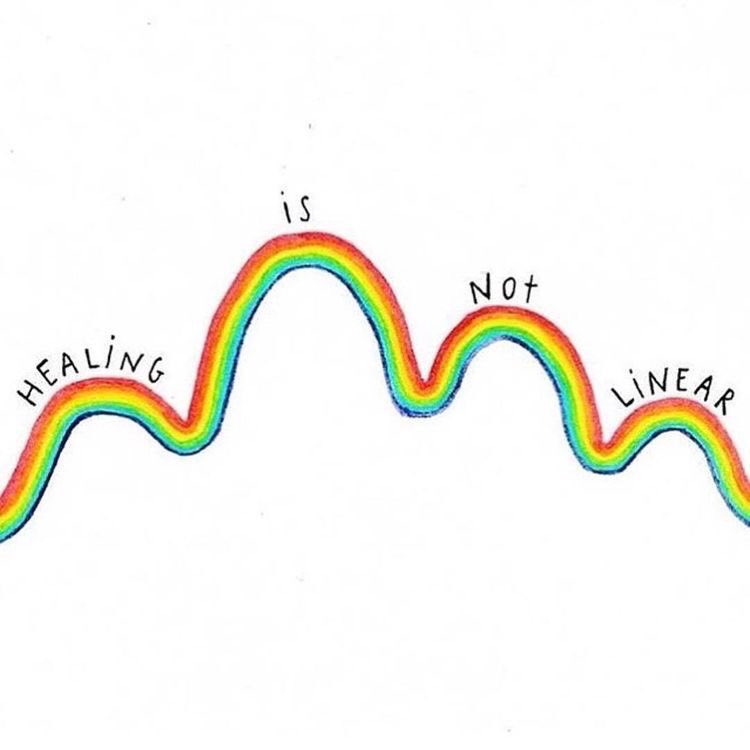
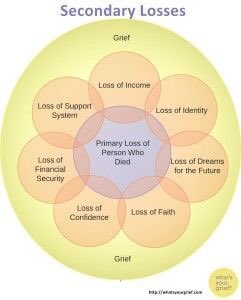 https://abs.twimg.com/emoji/v2/... draggable="false" alt="⤵️" title="Arrow pointing rightwards then curving downwards" aria-label="Emoji: Arrow pointing rightwards then curving downwards">" title="So what happens when grief isn’t addressed? It doesn’t just stop at depression, one can lose their job, isolate from their support network, risk of suicide and other illnesses and other factors. Please see pic below https://abs.twimg.com/emoji/v2/... draggable="false" alt="⤵️" title="Arrow pointing rightwards then curving downwards" aria-label="Emoji: Arrow pointing rightwards then curving downwards">https://abs.twimg.com/emoji/v2/... draggable="false" alt="⤵️" title="Arrow pointing rightwards then curving downwards" aria-label="Emoji: Arrow pointing rightwards then curving downwards">" class="img-responsive" style="max-width:100%;"/>
https://abs.twimg.com/emoji/v2/... draggable="false" alt="⤵️" title="Arrow pointing rightwards then curving downwards" aria-label="Emoji: Arrow pointing rightwards then curving downwards">" title="So what happens when grief isn’t addressed? It doesn’t just stop at depression, one can lose their job, isolate from their support network, risk of suicide and other illnesses and other factors. Please see pic below https://abs.twimg.com/emoji/v2/... draggable="false" alt="⤵️" title="Arrow pointing rightwards then curving downwards" aria-label="Emoji: Arrow pointing rightwards then curving downwards">https://abs.twimg.com/emoji/v2/... draggable="false" alt="⤵️" title="Arrow pointing rightwards then curving downwards" aria-label="Emoji: Arrow pointing rightwards then curving downwards">" class="img-responsive" style="max-width:100%;"/>


